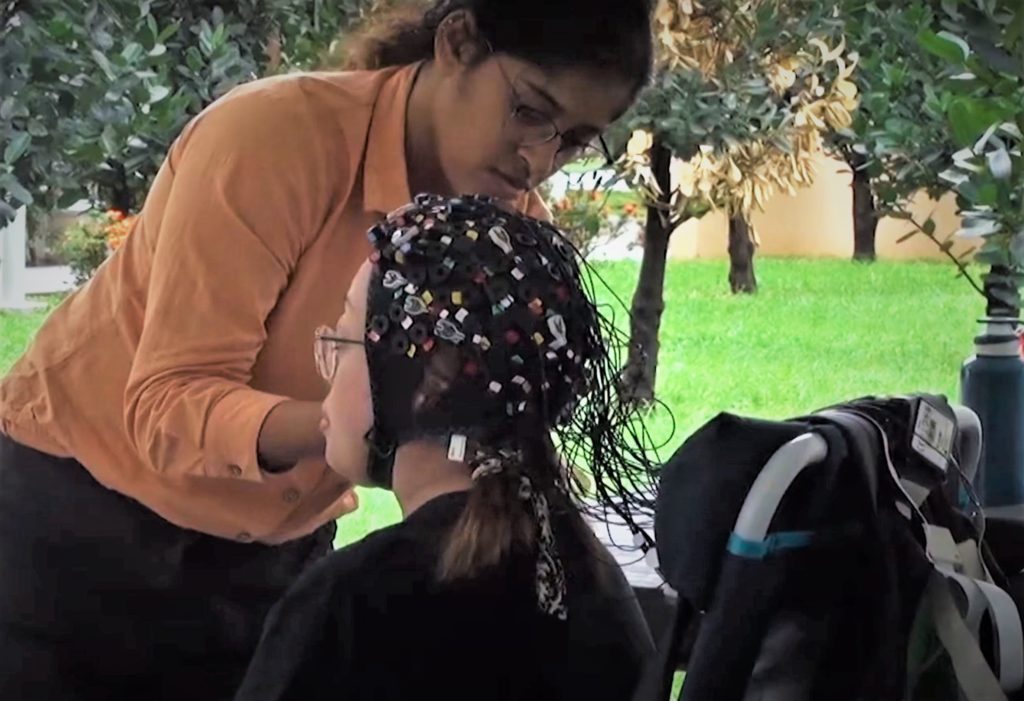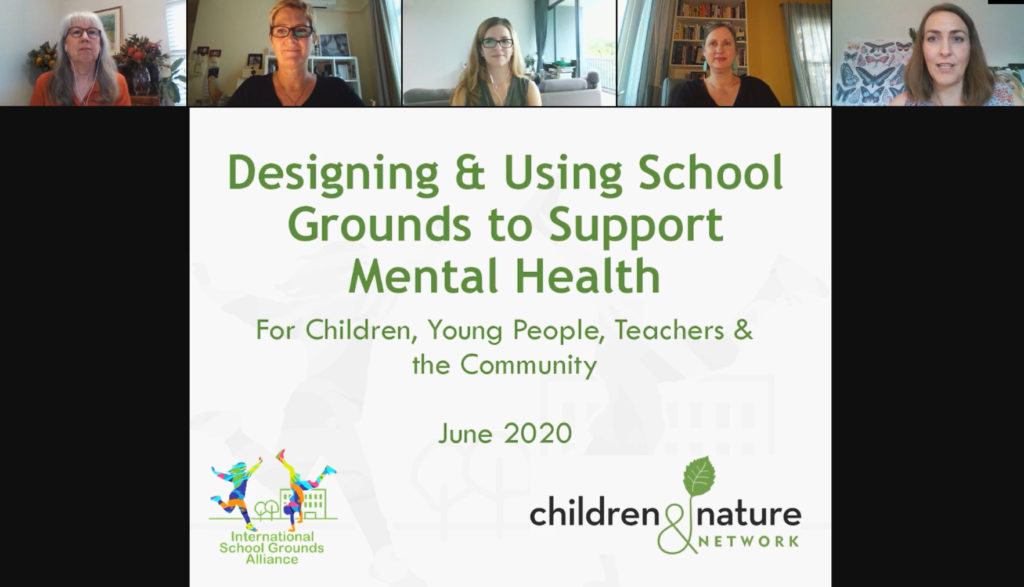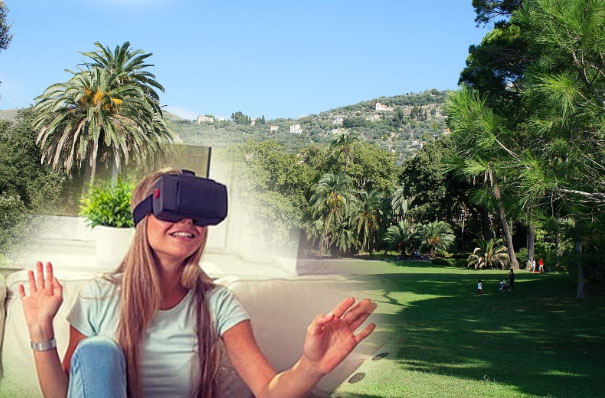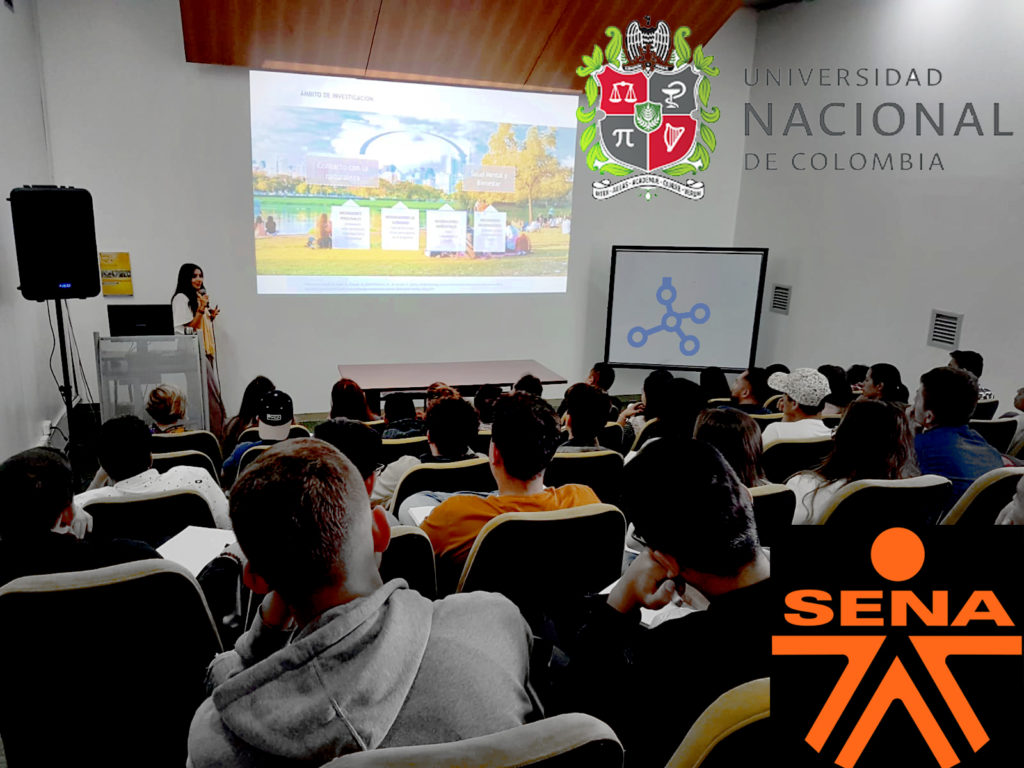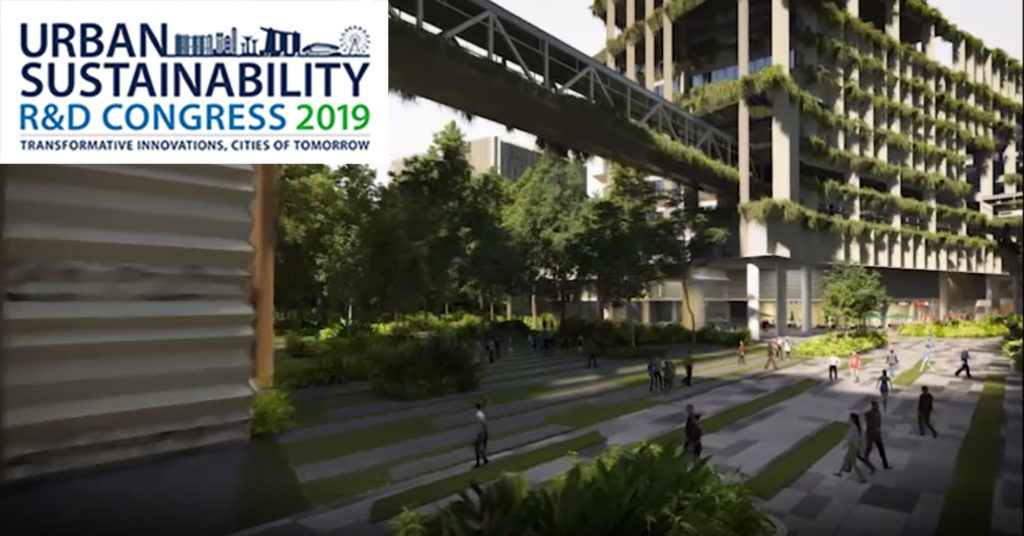The built environment and mental health of the residents within the city are extremely interconnected. Daily exposures are known to influence psychological processes, having both known and unknown consequences. The study of Gary W. Evans from 2003 points out that personal control, social support and restoration from stress and fatigue in the physical environment directly Read More
Tag: research
Landscape & Brain – neuroscience data collection outdoors (VIDEO)
Rigorous neuroscience research would question collecting the neuroscience data outdoors, due to too many confounding factors occurring and researchers not being able to control them all. In the sensory exposure research, each participant has to be exposed to the same set of stimuli, which is very difficult if not impossible in an outdoor setting. For Read More
Designing & Using School Grounds to Support Mental Health (Video Available!)
The video from the webinar is already available on! The webinar organized by the International School Grounds Alliance and the Children &Nature Network on how school grounds can be designed and used to support took place on June 23rd 2020, and featured research and design insights on how to design mentally healthy outdoor spaces for Read More
Take part in our survey and support research and development in the times of pandemic
The current global outbreak of #COVID19 makes the problem of our living space and mental health more relevant than ever. Read more in our recent blog post. This is why we need new solutions and new approaches. Please complete this 5-min, anonymous survey. If possible, share it with your family and friends, with special attention to Read More
Unraveling links among climate change, poverty and health in slums of Dhaka
It is well known to the environmentalists that Bangladesh is currently considered the 7th most vulnerable country to the adverse effects of ongoing climate change. What we do not know, however, is the adverse effects that are already in place and how much it is tangled with rural-urban migration, rehabilitation, gender, human rights, and health Read More
Connecting Social and Urban Studies with Health and Well-being of Communities – Speech at the National University of Colombia in Manizales
On January 29th 2020 NeuroLandscape’s Board Member Dr. Diana Benjumea was invited to give a talk in the Universidad Nacional de Colombia to the staff and students of the Department of Architecture and Built Environment in the city of Manizales. The talk aimed to share the multidisciplinary work that is conducted in NeuroLandscape with special Read More
Where Government Listens to Scientists: Urban Sustainability R&D Congress, Singapore
Singapore is one of the most prominent examples of Urban Sustainability through new technologies, research and development. It is also one of the few countries where the government is actively supporting science and innovation in order to inform the practice of urban design and solve urban living issues. The Urban Sustainability R&D Congress is organized Read More
Neuromyths in education
If you’ve ever played the Chinese whispers game, you know it that the original message gets distorted by the time it reaches the final player with often hilarious effects. However, when it comes to research and neuroscience, the result of passing on information through various persons may not be as funny and innocent as an Read More
WHO to fund a systematic review about blue spaces and health
In our ongoing collaboration with the EKLIPSE mechanism, together with Expert Working Group from different European countries and representing various disciplines, we are trying to answer the question: Which types and components of urban and peri-urban blue / green spaces have a significant impact on human mental health and mental well-being? EKLIPSE is project funded Read More
Scenic vs urban landscapes
A lot of studies have been performed comparing the reaction to urban vs scenic, or natural landscapes in the lab. This is one of them and we decided to feature it because it is performed with the most advanced method of brain scanning that we know thus far , fMRI. From the figure we can Read More


